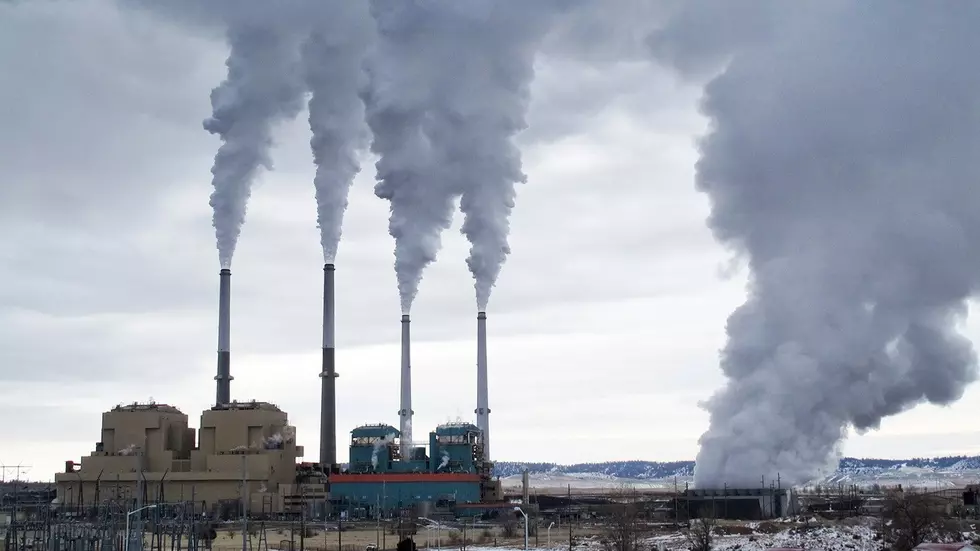
Biden to restore environmental review for major infrastructure projects
WASHINGTON (CN) — Restoring another set of guidelines rolled back under his predecessor, President Joe Biden moved Wednesday to reinstate laws designed to safeguard the environment during highway, pipeline and other major infrastructure projects.
In an effort to speed along projects, former President Donald Trump curtailed regulations under the National Environmental Policy Act in July 2020. NEPA — which has been in place for over 50 years — mandates that environmental review is conducted on national infrastructure projects such as oil and gas pipelines, power plants or the construction of highways long before they are initiated.
On average, environmental impact statements take four years to complete. The Trump administration’s rule accelerated the review process by setting a two-year time limit for assessments. In the midst of the pandemic, Trump said, such a rollback would cut through the “red tape” that developers face to accelerate projects and create jobs.
But the Biden administration's White House Council on Environmental Quality said Wednesday putting greater protections back into place is what will actually fast-track the completion of major projects because such reviews offer projects better protections from legal challenges by environmental groups and states.
The council plans to revive three key regulatory provisions that it emphasized “were in effect for decades before being modified for the first time in 2020.” These include having federal agencies evaluate all relevant environmental impacts of projects, giving federal agencies full authority to work with communities to minimize environmental and public health impacts, and inviting public comment on projects.
“The basic community safeguards we are proposing to restore would help ensure that American infrastructure gets built right the first time, and delivers real benefits – not harms – to people who live nearby,” said CEQ Chair Brenda Mallory in a statement Wednesday. “Patching these holes in the environmental review process will help reduce conflict and litigation and help clear up some of the uncertainty that the previous administration’s rule caused.”
Mustafa Santiago Ali, vice president of environmental justice, climate, and community revitalization for the National Wildlife Federation, applauded the change.
“This proposed rule will help restore several foundational NEPA protections that were stripped away by the previous administration making a sham of the NEPA process,” he said, noting that it is critical to listen to experts and the public on how a project could impact people and wildlife.
Speaking from inside the energy industry, meanwhile, Chad Whiteman, vice president for environment and regulatory affairs at the U.S. Chamber’s Global Energy Institute, said the change would only stifle development projects.
“By rolling back some of the most important updates to our antiquated permitting process, the Biden administration’s new proposed NEPA rule will only serve to slow down building the infrastructure of the future,” Whiteman said in a statement. “Important projects that address critical issues like improving access to public transit, adding more clean energy to the grid and expanding broadband access are languishing due to continued delays and that must change.”
NEPA’s review period is known as “scoping.” It offers the public a chance to both comment on a project and evaluate its potential risks or impact and to negotiate on possible alternatives with whatever company or entity is spearheading a project.
Critics of the previous president’s rollback maneuver said it was a workaround by the Trump administration to unwind key environmental protections, putting the public health at risk and heaping favor on the fossil fuel industry. They also said that Trump failed to consider how the proposal ostensibly twisted the knife deeper on Americans who historically bear the brunt of deregulatory fallout: communities of color, the poor and tribal and indigenous groups.
As the CEQ will accept comments through November, the new rule is expected to be finalized in early 2022.
